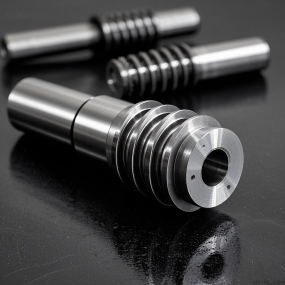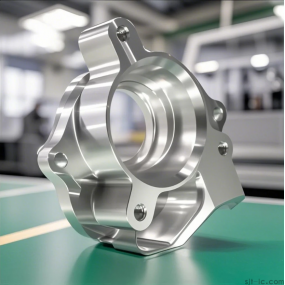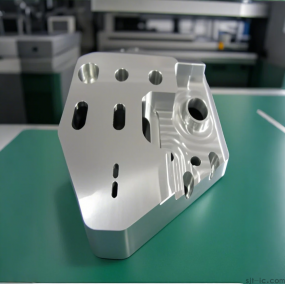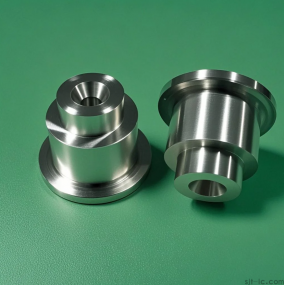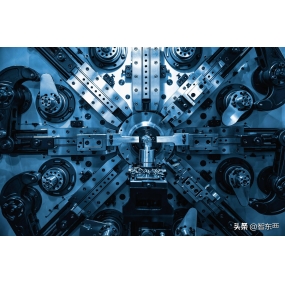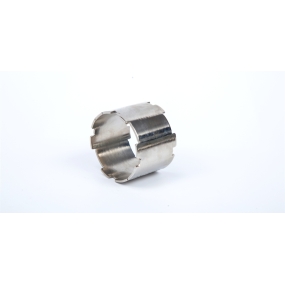Hey there, fellow engineers and procurement managers! 👋 Ever received a quote for a large CNC machined part and thought, "Wait, why is it this expensive?" You're not alone. I've been on both sides of the table, and understanding the cost drivers is key to managing your budget and even negotiating better deals. Let's dive into what really goes into that final number. 🤔
🛠️ The Big One: Material Choice and Size
This seems obvious, right? But it's more than just the price per kilo of the metal block.
• Raw Material Cost: A massive block of aerospace-grade aluminum will naturally cost more than a standard steel block. No way around that.
• Material Waste: With large parts, you start with a huge chunk of material and remove a lot of it. You're paying for the material you buy, not just the part you get. All that scrap chips add to the cost.
• Difficulty to Machine: Some tough alloys, like titanium or hardened steels, wear down cutting tools faster and require slower machining speeds. This increases both time and tooling costs.
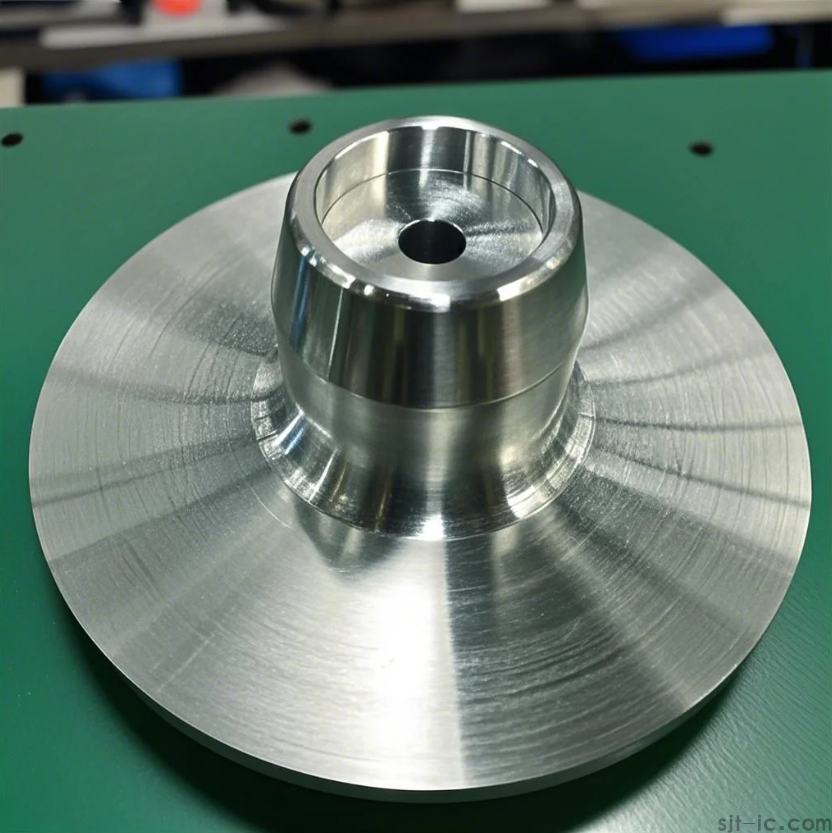
⏱️ Machine Time: The Clock is Ticking
CNC machines, especially the giant ones needed for large parts, are expensive to run. Machine time (or "cycle time") is a huge cost driver.
• Complexity = Time: A simple, blocky design machines quickly. But if your part has deep pockets, complex curves, or fine details, the machine has to make more passes, which takes more time.
• Size Matters: Simply moving the machine head across a 2-meter part takes longer than across a 20-centimeter one. All those movements add up.
• Finishing Touches: If you need a super smooth surface finish, the machine might have to make slower, finer finishing passes, which really bumps up the hours on the machine.
🏭 The "Behind the Scenes" Stuff You Might Not See
Here's where things get interesting. The actual cutting is only part of the story.
• Programming and Setup: Before a single chip is made, a technician has to program the entire machining process. For a complex, large part, this can take days. Setting up the massive workpiece in the machine also requires skill and time. This cost is spread across the entire job.
• Tooling and Fixturing: You need special, often custom-made fixtures to hold a large part securely during machining. Designing and building these fixtures is an extra cost. Also, those cutting tools? They wear out and need replacing.
• Inspection and Quality Control: How do you ensure a 3-meter-long part is within tolerance? It requires specialized measuring equipment like large CMMs (Coordinate Measuring Machines) and skilled inspectors. This crucial step adds to the cost but is non-negotiable for quality. The specific calibration methods for such large scales can be a complex topic in itself.
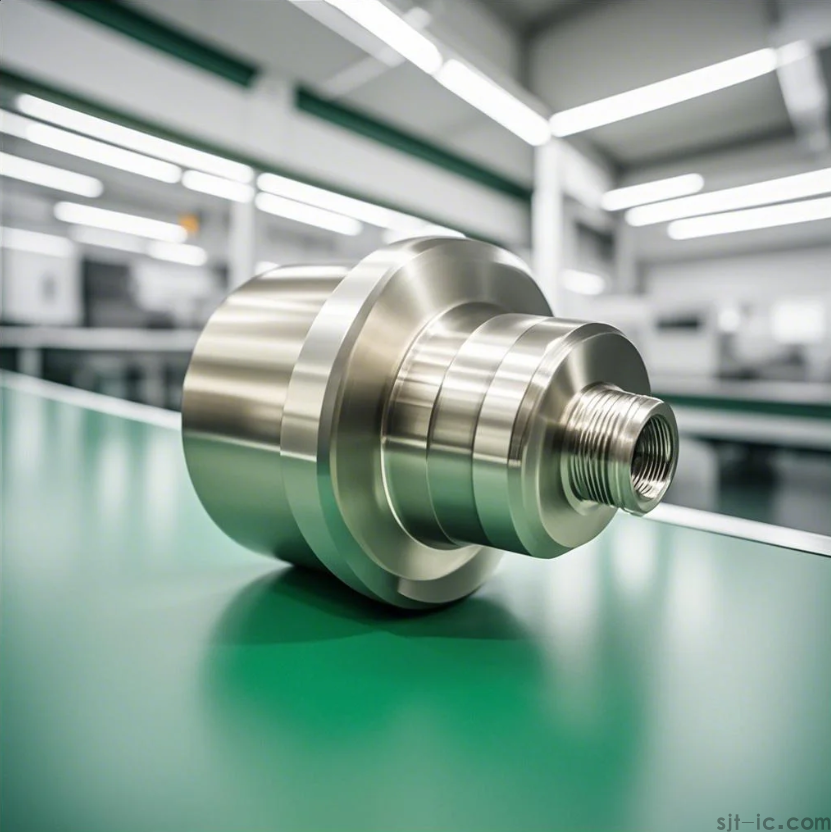
💡 My Two Cents: It's Not Just About the Lowest Price
I've seen projects get into trouble by always picking the cheapest quote. Sometimes, a slightly higher price includes much better technical support during design, more robust quality control, and more reliable delivery times.
A shop that's an expert in large part machining might charge a bit more, but they'll know how to prevent issues like part deformation, which can save you a fortune in scrapped parts down the line. Perhaps this suggests that the true cost isn't just the invoice amount, but the total value and risk management you get.
However, it's also true that sometimes you just need a simple, non-critical part, and in those cases, hunting for a better deal makes perfect sense. You have to weigh the project's needs.
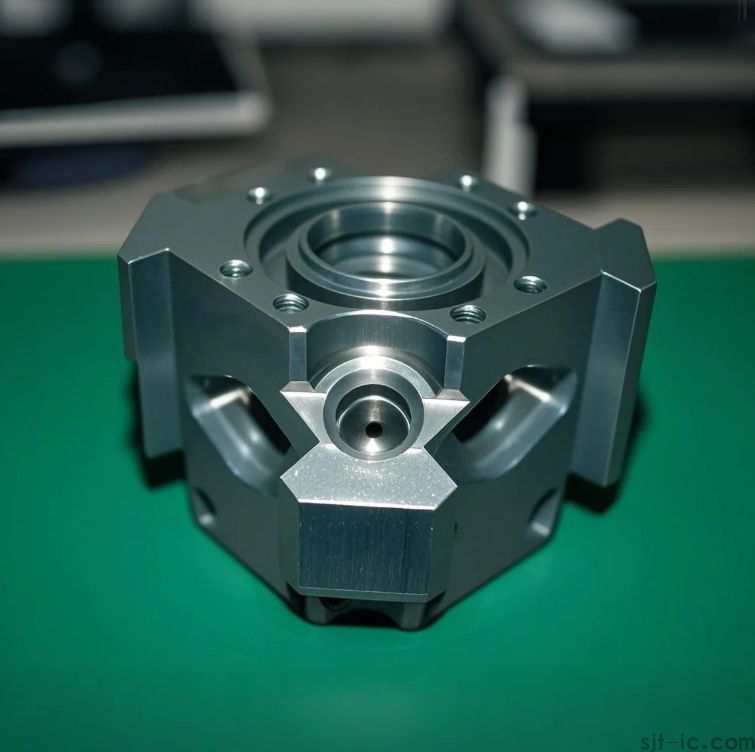
So, next time you're reviewing a quote, look beyond the bottom line. Think about the material, the design complexity, and all the engineering expertise that goes into making your big idea a reality. Understanding these factors puts you in a much stronger position. Hope this breakdown helps you on your next project! 🚀


 Spanish
Spanish Arabic
Arabic French
French Portuguese
Portuguese Belarusian
Belarusian Japanese
Japanese Russian
Russian Malay
Malay Icelandic
Icelandic Bulgarian
Bulgarian Azerbaijani
Azerbaijani Estonian
Estonian Irish
Irish Polish
Polish Persian
Persian Boolean
Boolean Danish
Danish German
German Filipino
Filipino Finnish
Finnish Korean
Korean Dutch
Dutch Galician
Galician Catalan
Catalan Czech
Czech Croatian
Croatian Latin
Latin Latvian
Latvian Romanian
Romanian Maltese
Maltese Macedonian
Macedonian Norwegian
Norwegian Swedish
Swedish Serbian
Serbian Slovak
Slovak Slovenian
Slovenian Swahili
Swahili Thai
Thai Turkish
Turkish Welsh
Welsh Urdu
Urdu Ukrainian
Ukrainian Greek
Greek Hungarian
Hungarian Italian
Italian Yiddish
Yiddish Indonesian
Indonesian Vietnamese
Vietnamese Haitian Creole
Haitian Creole Spanish Basque
Spanish Basque

